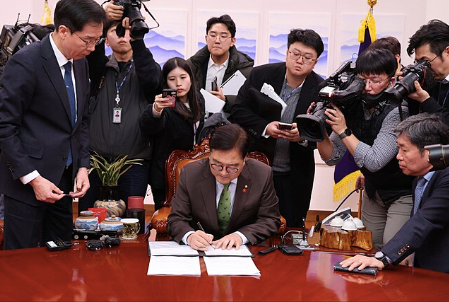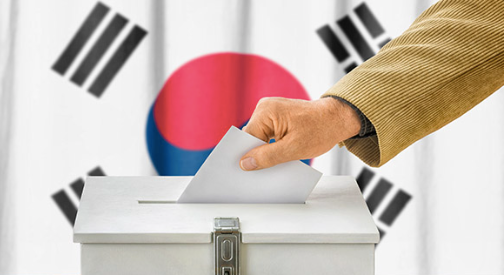
The Obstinate South Korean President Yoon Suk Yeol faces a second impeachment vote on Saturday, Dec 14, 2024, over his hasty attempt to impose martial law on December 3. The removal shocked the country, split his party, and Periled his presidency halfway through the term. His attempt to impose military rule on 3 December was revoked in less than 6 hours after parliament defied troops and police voted against him.
This move by the National Assembly came after he declared martial law on Dec 3. It plunged the country into to constitutional crisis there were calls for him to step down for breaking the law. The martial law order attempted to ban protests censor media, and suspend political activity on claims that there was a need to counter potential threats from North Korea and pro-North forces. Although critics thought of this as an overreach and threat to democracy.
In reply, opposition parties, joined by some members of Yoon’s ruling People Power Party, submitted an impeachment motion. The National Assembly passed this motion with the required two-thirds majority, emphasizing concerns over Yoon’s governance and his ability to maintain democratic stability.
Yoon’s actions sparked protests nationwide, with citizens calling for his resignation. During the martial law standoff, lawmakers gathered in defiance of the decree on Dec 14, passing a resolution to end the order, while demonstrators blocked military forces from entering the parliamentary building. Yoon now awaits a Constitutional Court review, which will determine whether his impeachment is upheld.
This event has plunged South Korea into political uncertainty, with demands for a complete cabinet overhaul and concerns about the country’s democratic future. The ruling is expected to unfold in the coming weeks, with significant implications for South Korea’s governance and its global standing.




